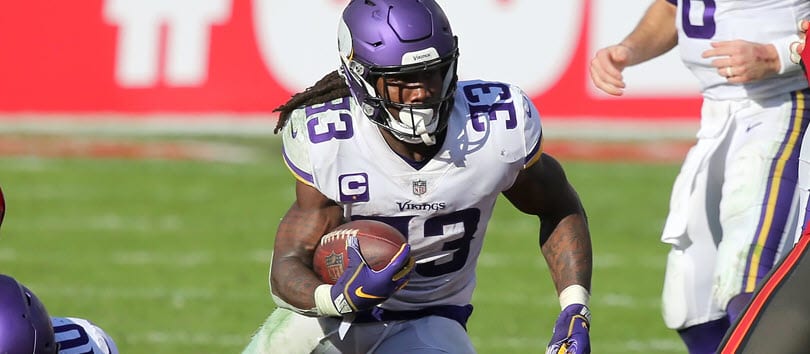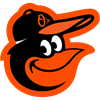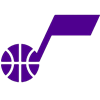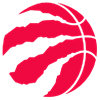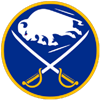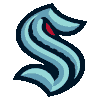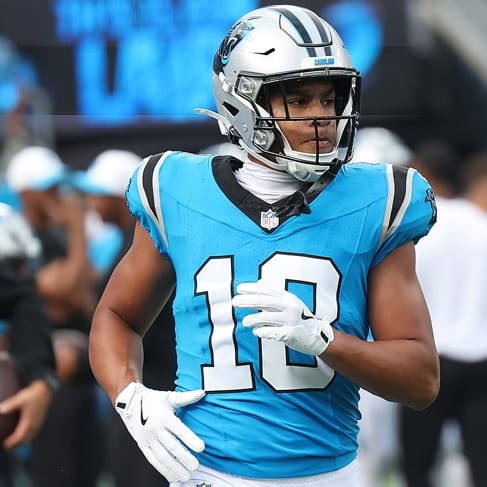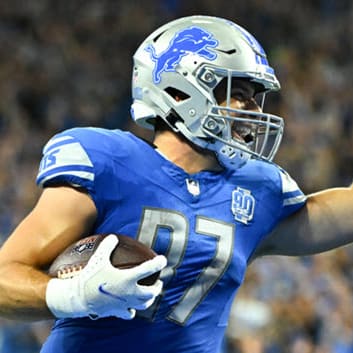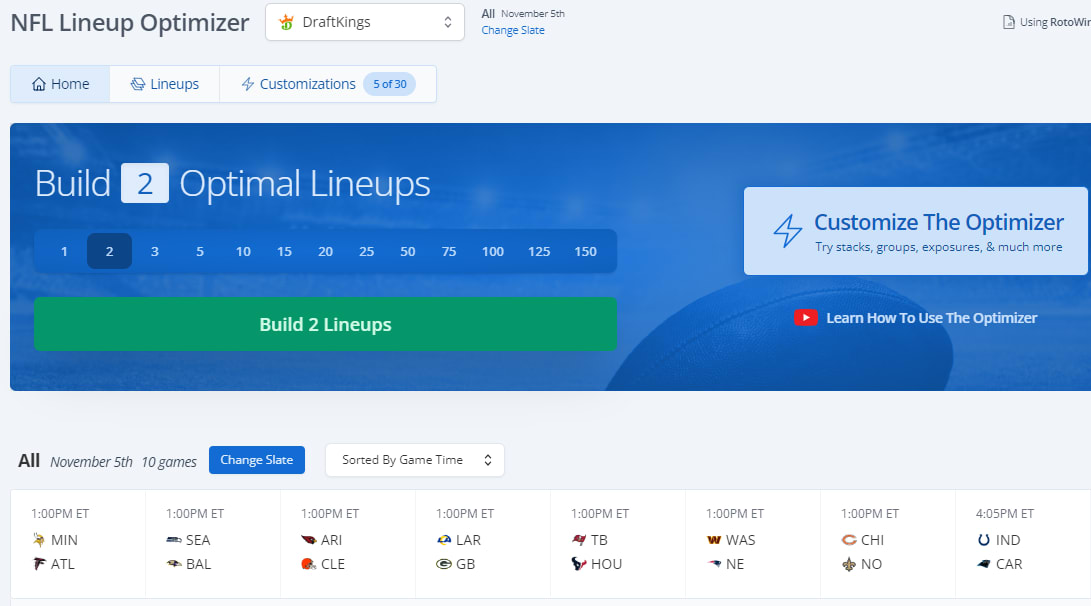Minnesota's Pro Bowl running back suffered a significant shoulder injury in the team's loss to San Francisco and could miss multiple games. Reports have suggested he will miss two games, but head coach Mike Zimmer refuted those reports and deemed his running back "day-to-day." Instead of speculating upon if he will play let's look at what he is dealing with.
The primary joint of the shoulder is the glenohumeral (GH) ball. The GH joint is classified as a ball-and-socket joint with the head of the humerus acting as the ball and a groove on the shoulder blade serving as the socket. The GH joint is built for motion and can move in multiple planes to a high degree. However, the extra mobility comes at the cost of stability. Muscles, multiple ligaments and a cartilage rim known as the labrum provide some level of protection, but they all remain vulnerable to injury if enough force is applied.
An injury that results in joint displacement can either be classified as a subluxation or a dislocation. A subluxation is usually temporary and often referred to as a partial dislocation. A true dislocation occurs when the displacement of the joint is complete and often requires assistance by a medical professional to return to its normal positioning. In both injuries, one of the primary concerns is the amount of damage accrued to the neighboring structures. Subluxations and dislocations are generally accompanied by some sort of soft tissue damage fortifying ligaments, muscle or cartilage.
Minnesota's Pro Bowl running back suffered a significant shoulder injury in the team's loss to San Francisco and could miss multiple games. Reports have suggested he will miss two games, but head coach Mike Zimmer refuted those reports and deemed his running back "day-to-day." Instead of speculating upon if he will play let's look at what he is dealing with.
The primary joint of the shoulder is the glenohumeral (GH) ball. The GH joint is classified as a ball-and-socket joint with the head of the humerus acting as the ball and a groove on the shoulder blade serving as the socket. The GH joint is built for motion and can move in multiple planes to a high degree. However, the extra mobility comes at the cost of stability. Muscles, multiple ligaments and a cartilage rim known as the labrum provide some level of protection, but they all remain vulnerable to injury if enough force is applied.
An injury that results in joint displacement can either be classified as a subluxation or a dislocation. A subluxation is usually temporary and often referred to as a partial dislocation. A true dislocation occurs when the displacement of the joint is complete and often requires assistance by a medical professional to return to its normal positioning. In both injuries, one of the primary concerns is the amount of damage accrued to the neighboring structures. Subluxations and dislocations are generally accompanied by some sort of soft tissue damage fortifying ligaments, muscle or cartilage. As a result, subsequent subluxations or dislocations are more likely to occur. Rehab can strengthen the muscle and help fortify the joint, but surgery is often necessary if the damage is severe or occurs on multiple occasions. Fantasy baseball managers invested in Fernando Tatis are all too familiar with these concerns. The 2021 MLB All-Star opted against surgery for his chronically subluxing shoulder and missed multiple stretches of last season after aggravating the problem.
It has been implied that Cook tore his labrum when he dislocated his left shoulder. However, the Vikings have not publicly confirmed the specifics of the injury. It is possible to play through the injury, something Cook has previously done. In 2019 he tore the labrum in his opposite shoulder and was limited in his two games played, totaling 89 yards on 27 carries. He would eventually sit for a pair of games before returning for the postseason. As a result, Alexander Mattison becomes a must add in all formats, as he seems poised for a major uptick in usage.
Turf Burns
Amari Cooper and CeeDee Lamb: The Cowboys aeriel assault should get a boost on Thursday, but how much of a boost remains to be seen. On the plus side, Lamb had completed the league's concussion protocol and will be available against New Orleans. However, Cooper remains in the league's COVID-19 protocol and was unable to practice Tuesday. The veteran wideout has just one more chance to log a practice before the team's game, making him a risky play for the week ahead. A second straight absence from Cooper would once again test a Dallas depth chart that could also be missing Cedrick Wilson. Wilson has not logged a practice due to an undisclosed ankle injury. Keep a close eye on the team for future developments. COVID remains a serious issue for Dallas, with multiple players and coaches, including head coach Mike McCarthy currently in the protocols.
Deebo Samuel: The dynamic San Francisco wide receiver will not play Sunday against Seattle. Samuel suffered a groin strain late in the team's win over Minnesota. Further testing was performed and, while he is likely to miss a game or two, the problem isn't as severe as initial feared. Samuel will target a Week 14 return, but a Week 15 comeback seems more plausible. Brandon Aiyuk will become the lead wide receiver for the 49ers and look to build on his recent success. The second-year receiver has 10 receptions for 176 receiving yards and a touchdown in San Francisco's last two games.
Alvin Kamara: The Saints take part in their second straight Thursday night game, and the availability of their lead running back remains in doubt. Kamara has missed three straight games due to a MCL sprain and remains a limited participant in practice. The lingering injury could possibly limit Kamara's lateral movement, and New Orleans will likely carefully manage his workload. Fortunately, Mark Ingram is back in the mix after missing their Thanksgiving Day game with swelling in his knee. Ingram was a full participant in Monday's practice though his overall value remains dependent on the status of Kamara.
Christian McCaffrey: For the second straight season, McCaffrey's year ends prematurely due to injury. McCaffrey suffered a sprained ankle in Sunday's loss to Miami and has already been placed on the injured reserve. A litany of injuries including a hamstring strain, high ankle sprain and shoulder injury have limited the Panthers running back to just 10 total games over the last few seasons. His ceiling remains high, but it won't be surprising to see twice-bitten fantasy managers shy away from McCaffrey in next year's draft. Chuba Hubbard should be owned in all leagues.
Aaron Rodgers: The Packers are on a bye this week, but the Green Bay quarterback remains an injury concern. Rodgers has been playing through a fractured pinkie toe and is considering surgery to address the problem. Fortunately, the procedure would be considered minor, and the team is optimistic he wouldn't miss a single game recovering. Keep an eye on his final decision, but look for him to be in uniform against the Bears on December 12.
D'Andre Swift: Minnesota won't be the only team without its feature back when the Vikings take on the Lions. Detroit is expected to be without Swift after he suffered a sprained shoulder against the Bears. The exact articulation Swift sprained remains unclear, but he was reportedly still very sore to start the week and is unlikely to play in Week 13. Jamaal Williams will take over in the Detroit backfield and will look to build on his Week 12 line in which he rushed 15 times for 65 yards while hauling in five passes for 18 yards.
